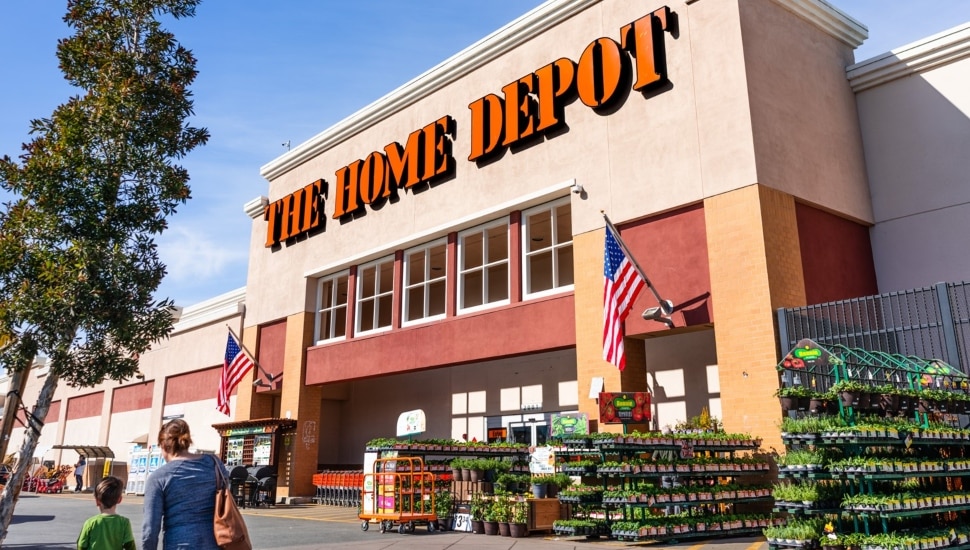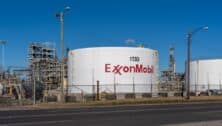First Quarter Brings Hope for Private-Equity Exits

While the number of private-equity exits is still stunted compared to a couple of years ago, first-quarter activity has shown some hints of improvement, writes Maria Armental for The Wall Street Journal.
Thanks to The Home Depot’s soon-to-be-completed acquisition of building-materials supplier SRS Distribution, the overall value of U.S. private-equity exits rose to $62.77 billion in the first quarter. That represents a 16 percent increase over the fourth quarter, according to data provided by Dealogic.
Do you trust the markets to take care of your future? In today’s economic environment, having options besides public stock, bonds, and mutual funds may reduce the risk in most portfolios.
Learn more about accredited investing and alternative assets.
However, exit values can shift significantly between quarters, skewed by major deals such as Berkshire Partners and Leonard Green & Partners’ SRS sale, one of the largest private-equity exits in more than a decade at $18 billion.
Even so, the first quarter also saw a rise in the number of exits. There were a total of 130 deals, compared to 118 in the fourth quarter, as well as 94 in last year’s first quarter. Still, the total number of private-equity exits is yet to catch up to the 149 exits in the first quarter of 2022.
The Dealogic data also indicates a modest but consistent increase in M&A exit counts over the last four quarters.
The first quarter recorded 10 IPOs backed by private equity, such as KKR-backed BrightSpring Health Services. According to consulting firm Ernst & Young, the average deal size increased 26 percent compared to the same quarter a year ago.
This upward trend seems to be continuing in the second quarter. European buyout shop BC Partners agreed last week to sell its majority stake in Presidio to Clayton Dubilier & Rice. Meanwhile, Silver Lake has agreed to take sports and entertainment company Endeavor private.
However, deal activity seems to be picking up as many firms need to return cash to their investors, if they hope for those same investors to commit more capital to new funds.
“The pressure is on in terms of exiting many of these assets that have been held in portfolios for a while,” said Jen Smith, a partner in the private equity and technology and cloud services practices at consulting firm Bain & Co.
Fred Hubler, the CEO and Chief Wealth Strategist at Creative Capital Wealth Management Group in Chester Springs, is a fan of private equity and wrote about its popularity as an investment option on Forbes.com.
“I think the first alternative investment anyone should consider is private equity,” he said. “P.E. tends to be the largest and longest-held asset class for endowments and high-net-worth portfolios. I’m grateful that there are now versions of private equity funds that do not require accreditation. These new offerings require a lighter net worth or income — typically $70,000 in net worth or income — and they allow a much broader group of investors in the tent.”
Read more about private-equity exits in The Wall Street Journal.
Connect With Your Community
Subscribe to stay informed!
"*" indicates required fields








![95000-1023_ACJ_BannerAd[1]](https://vista.today/wp-content/uploads/2023/03/95000-1023_ACJ_BannerAd1.jpg)









































